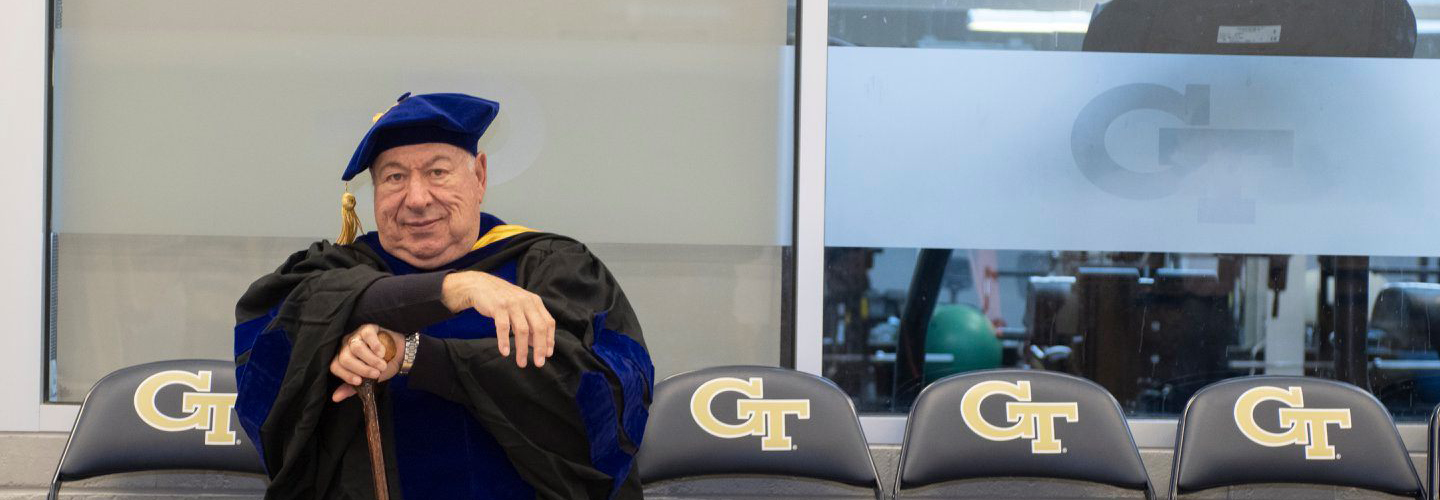General Requirements
We are committed to a broad, rigorous, and student-centered curriculum. As we expect students to come from a wide range of backgrounds, we will be flexible in allowing students to substitute or pass-out of core requirements based upon previous experiences and coursework and under the guidance and approval of their committee. Reduction in credit is limited to nine hours total.
Core Classes
- INTA 6003 - Empirical Research Methods
- INTA 6102 - International Relations Theory
- INTA 6103 - International Security Policy
- INTA 6202 - Comparative Politics
- INTA 6302 - International Political Economy
- INTA 6740 - Introduction to Global Development
- INTA 8000 - Seminar in Science, Technology, and International Affairs
- INTA 8001 - Seminar in Science, Technology, and International Affairs II
Minor Concentration
Students must complete a minor concentration that complements the student’s pre-existing competencies enforcing their broad understanding in the areas of science, technology, and international affairs.
Example of a minor concentration with College of Computing (security):
- CS 6250 - Computer Networks
- CS 6262 - Network Security
- CS 6725 - Information Security Strategies and Policies
Language/Advanced Methods
All students must satisfy the language requirement.
Language: Demonstrated competency in one language other than English (equivalent of four semesters of college-level coursework or an equivalent exam). Competency also tested through translation exercise. Students can also choose to take a third year of language or take one year of advanced methods.
Advanced Methods: Two semesters of coursework (in addition to core requirements) of advanced statistics, methods, and/or computer science can be taken in lieu of a third year of language either within the School or in other colleges of the Institute.
Comprehensive Exams
At the end of year two, students will be required to complete two written and oral exams in security and global development.
Ph.D. Thesis and Defense
After passing the Comprehensive Exams and successfully defending the S&T Paper, the student will submit a dissertation proposal that must be defended and subsequently approved by the Dissertation Committee. The Dissertation Committee will be composed of relevant experts in the fields and should include a member external to the Institute. When the Committee Chair deems that the student is ready, a public oral defense of the final written dissertation will be scheduled.

